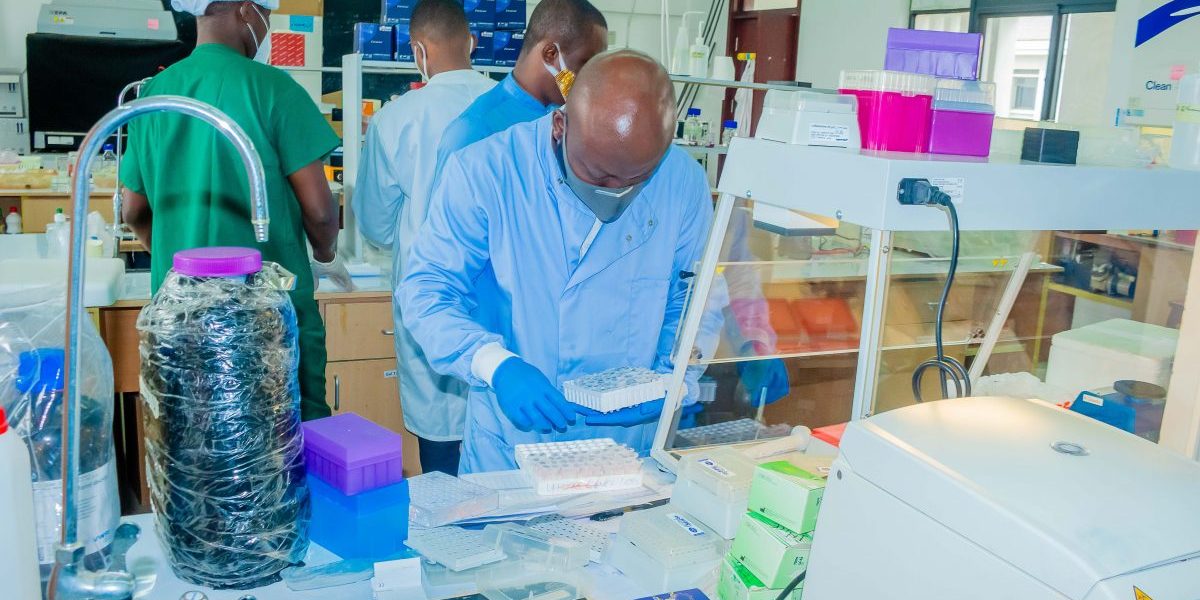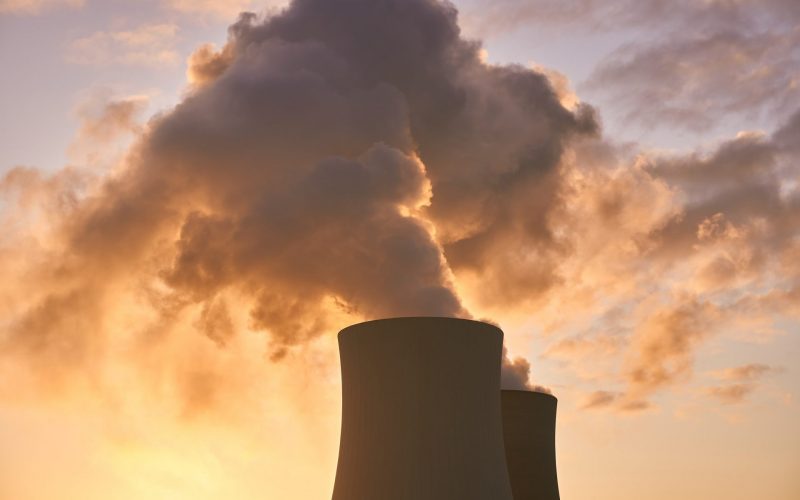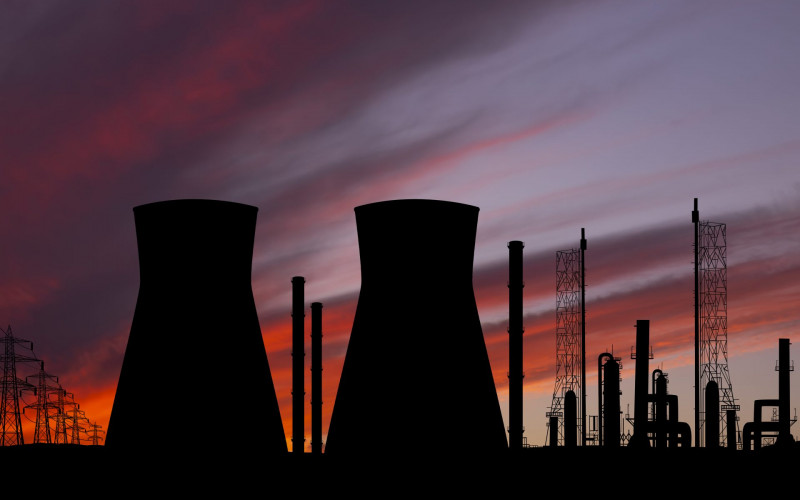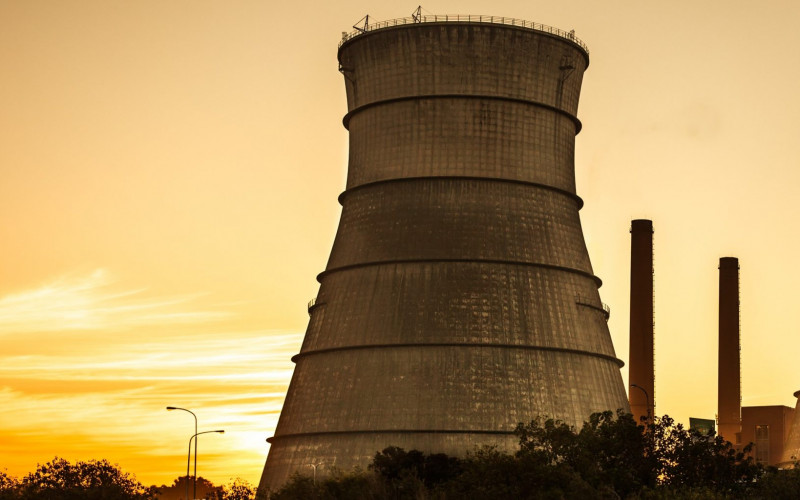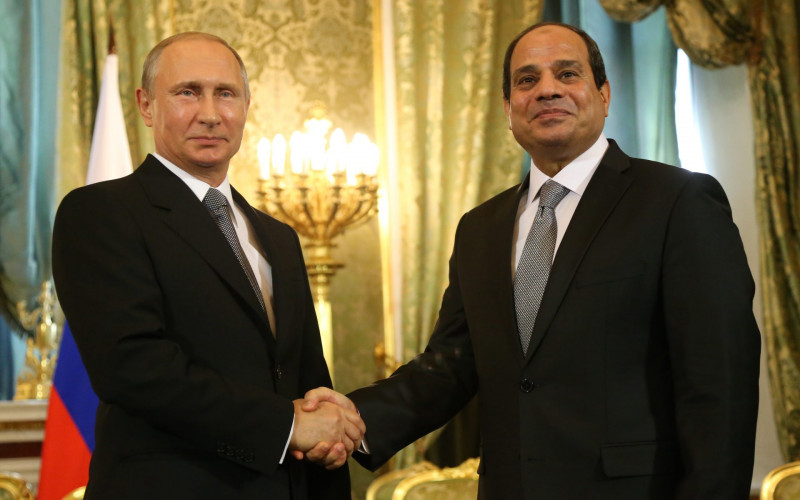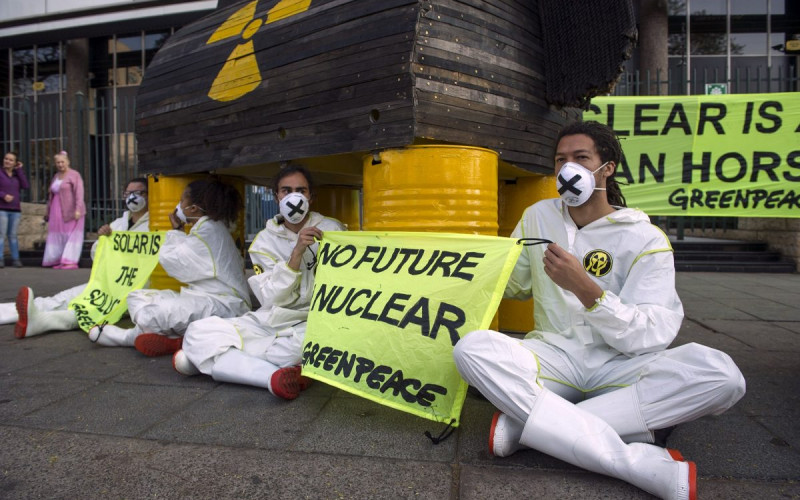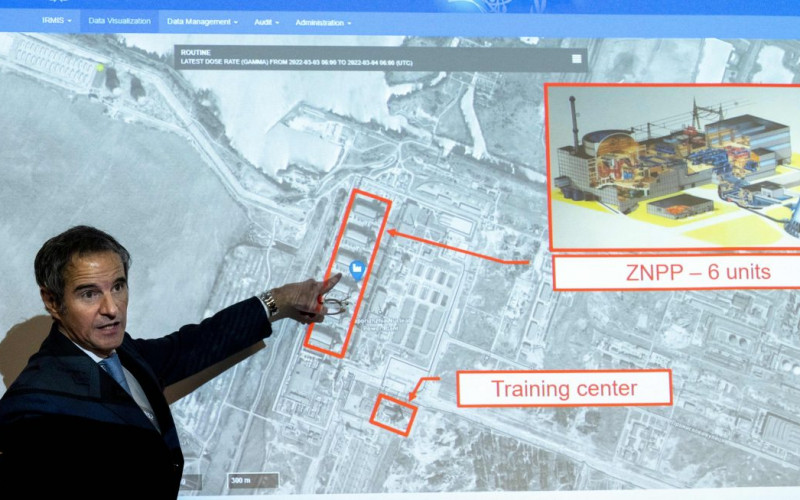Meanwhile, despite the pandemic, exploring nuclear energy as a part of Africa’s energy mix remains on the continent’s agenda, as illustrated by a series of new announcements over the past six months, which are detailed below.
The International Atomic Energy Agency (IAEA) is a vital partner in Africa’s response to COVID-19. Lessons learnt from the Agency’s assistance to West African states in the Ebola outbreak from 2014 to 2016 have been put to good use in assisting African countries to combat the pandemic.
The IAEA is a member of the World Health Organisation’s COVID-19 Crisis Management Team and has provided training in 80 countries, including 41 African states, in nuclear-related techniques to detect coronavirus. The IAEA’s assistance to African laboratories also included diagnostic machines, medical kits, cabinets to keep collected samples, and equipment to improve national testing.
As the pandemic highlighted the risk of zoonotic diseases, work in this area has accelerated. The IAEA and the Food and Agricultural Organisation Veterinary Diagnostic Laboratory Network (VETLAB), an association of veterinary laboratories in Africa and Asia, have been major contributors to Africa’s Covid-19 response. VETLAB includes laboratories from 32 African countries and works with four leading regional institutes in Botswana (Southern Africa), Cameroon (Central Africa), Côte d’Ivoire (West Africa), and Ethiopia (East Africa). These organisations have been assisting African countries to detect and control zoonotic diseases and improve health and food security.
Food security
Food security has been identified as a key concern during the pandemic to prevent hunger and further immune deficiencies in vulnerable populations. In Uganda, for example, where most of the population is employed in the agricultural sector, the IAEA has continued its work on the verification of the quality of relief food supplies and milk.
Although COVID-19 is dominating the global health agenda, it has not halted the urgent need to focus on other medical and health conditions. In April 2020, the IAEA hosted a webinar with the Africa Radiation Oncology Network , which it established in 2012 as a pilot telemedicine project to assist continental oncology institutions and professionals. The purpose of this event, attended by 61 experts, was to discuss the challenges that African radiotherapy departments are experiencing due to the pandemic, and to offer its assistance.
Some of the key challenges have been the decreased production and lack of availability of radioisotopes and radiopharmaceuticals, due to global travel restrictions and the suspension of operations. South Africa, the continent’s largest (and a major global) producer of medical isotopes has experienced both decreased production and international air transport challenges. Urgency is key in transporting these isotopes due to their limited half-lives.
South Africa’s main isotope producer, state-owned NTP Radioisotopes, was able to reach an agreement with the country’s national carrier, South African Airways, and has transported more than 14 emergency medical isotope shipments to Europe and the Americas.
Tunisia has experienced similar delays. Whereas it typically took two days for the delivery of medical isotope orders from Germany and the Netherlands prior to the pandemic, the country has since experienced delays of up to 15 days due to flight restrictions.
Energy security
The pandemic has also underscored the importance of energy security as a key factor against mitigating the health crisis. On 30 June 2020, African energy ministers participated in a videoconference on the impact of COVID-19 on the continent’s energy sector. Ministers reiterated the importance of reliable energy for the continent’s future and, more pertinent to the theme of the videoconference, to Africa’s efforts to combat and respond to COVID-19.
In this vein, Ghana’s decision to construct a nuclear power plant following signature of an agreement with the Russian Atomic Energy Commission (ROSATOM) in 2015 saw further consolidation in the first half of 2020. Three Ghanaian universities and Russia’s Tomsk Polytechnic University have entered into a training agreement for nuclear specialists to work in Ghana’s emerging nuclear sector. The Ghanaians have joined over 300 African nationals from 14 countries studying nuclear science in Russia. In Egypt, where ROSATOM is constructing that country’s first nuclear power plant, work has proceeded as planned.
In South Africa, where energy insecurity continues, the government revitalised its nuclear build plans in June 2020, and Rwanda joined other African states to sign an agreement with ROSATOM to build a nuclear research centre and reactor in Kigali.
African governments, nuclear energy and the SDGs
The COVID-19 pandemic has undoubtedly compromised Africa’s future development agenda. However, 60 years after the first nuclear weapons tests in Africa were conducted in 1960, the continent is rapidly exploring the various advantages that the peaceful uses of nuclear energy can bring in its response to the pandemic. Alongside these existing initiatives, African governments and regional nuclear governance institutions could do the following to use nuclear energy to contribute to the continent’s developmental agenda, Agenda 2063 and the United Nations Sustainable Development Goals.
First, African states should establish mechanisms to sustain positive impacts of nuclear-related technology obtained prior to and during the pandemic to gain post-pandemic developmental benefits. One of the best ways to do so is to strengthen cooperation between the IAEA and the African Commission on Nuclear Energy (AFCONE). Therefore, while cooperation between the IAEA and AFCONE has been formalised in a Memorandum of Understanding, efforts to operationalise this agreement fully require strengthening of AFCONE’s human resources capacity and the enlargement of its operational budget.
Moreover, AFCONE’s full and sustainable operation is also crucial for the longevity and success of the Pelindaba Treaty, Africa’s home-grown mechanism to support the peaceful application of nuclear technology in the region and commitment to non-nuclear proliferation. Hence, African states should commit fully to the incorporation of the AFCONE into the AU reform process, contribute to AFCONE’s annual operational budget, and those that have not yet done so, should sign and ratify the treaty.
Second, AFCONE should formalise a working relationship with the African Continental Free Trade Area Secretariat to collaborate on securing investment into the African nuclear industry. The Secretariat’s mandate includes the promotion of intra and extra-continental trade. T he harmonisation of nuclear compliance regulation and strengthening of safeguards across the continent would support the development of a well-governed, mutually beneficial nuclear technology industry focused on addressing Africa’s development challenges.
Third, cooperation between AFCONE and the African Union’s Pan-African University should be enhanced to improve training, education and research in the peaceful use of nuclear energy on the continent, especially in countries that do not have the means or infrastructure to train their own nuclear scientists.
Finally, coordination between AFCONE, and the secretariats of the AU African Development Agency (formerly NEPAD), and the African Peer Review Mechanism should be pursued to improve regional governance oversight, as well as to educate Africa’s governments and citizens about the need for nuclear governance compliance and the benefits of the peaceful use of nuclear energy.

